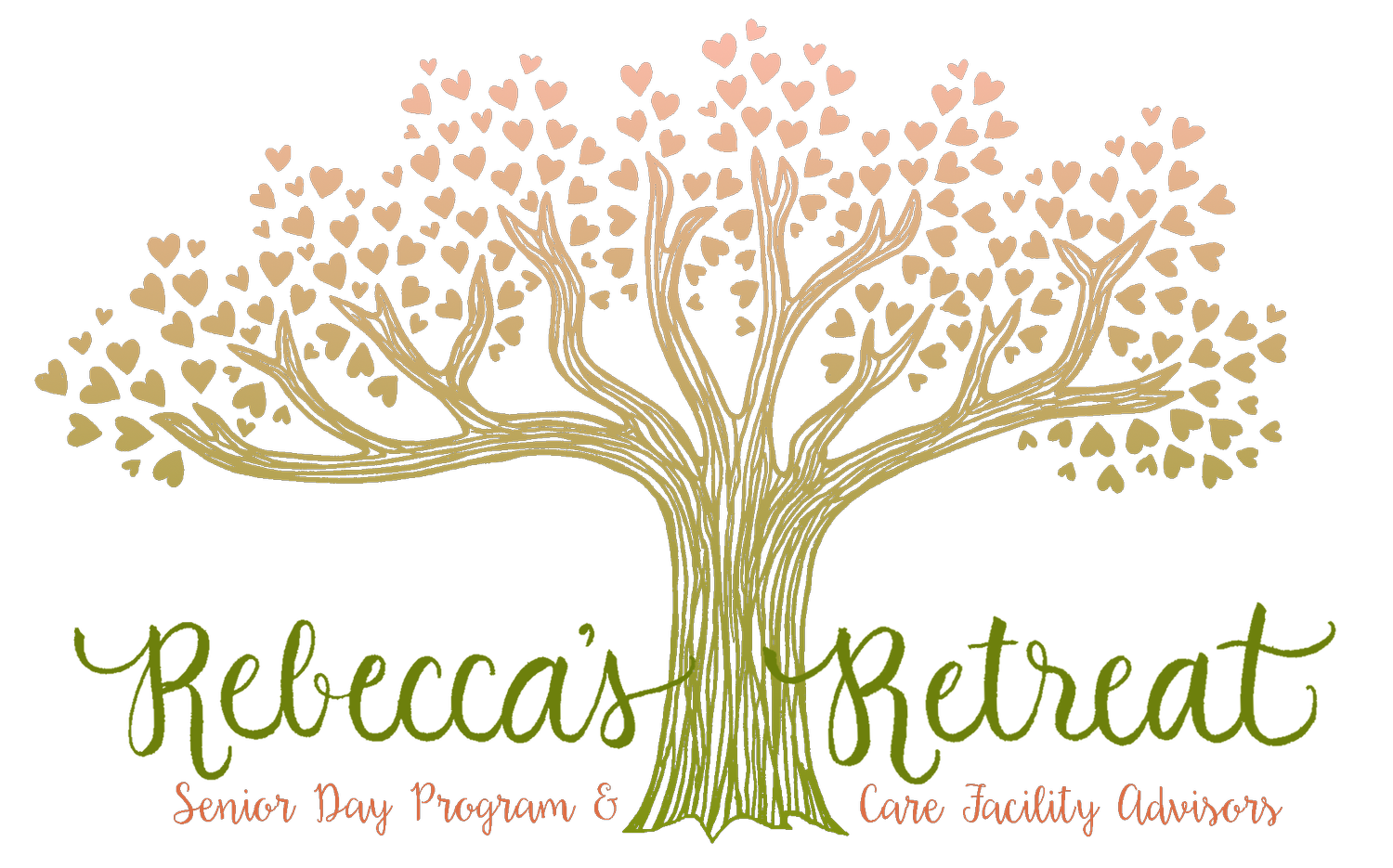Help with determining the best care option for your loved one
day program vs. assisted living
As a senior, it can be challenging to admit that you need help, especially if you've been a highly independent person used to caring for others all your life. And if you're the caregiver, it may be equally difficult to consider allowing "strangers" to care for your beloved family member.
As with any service, the best time to start exploring what's available is before you actually need it. According to ElderCare Online, you should consider an adult day program when your loved one are having challenges with the following activites:
He/She can no longer structure his or her own daily activities
He/She is isolated and desires companionship
He/She can not be safely left alone at home
He/She lives with someone who works outside of the home or who is frequently away from home for other reasons
If you answered yes to any or all of the above questions, we understand we are here to help.
— Becky
What is dementia?
Dementia is the loss of cognitive functioning—thinking, remembering, and reasoning—and behavioral abilities to such an extent that it interferes with a person’s daily life and activities. Dementia ranges in severity from the mildest stage, when it is just beginning to affect a person’s functioning, to the most severe stage, when the person must depend completely on others for basic activities of daily living.
The causes of dementia can vary, depending on the types of brain changes that may be taking place. Other dementias include Lewy body dementia, frontotemporal disorders, and vascular dementia. It is common for people to have mixed dementia—a combination of two or more disorders, at least one of which is dementia. For example, some people have both Alzheimer’s disease and vascular dementia.
Other conditions that may cause memory loss or dementia include:
medication side effects
chronic alcoholism
tumors or infections in the brain
blood clots in the brain
vitamin B12 deficiency
some thyroid, kidney, or liver disorders
stroke
Parkinson’s disease
Sleep disturbances
Some of these conditions may be treatable and possibly reversible. They can be serious and should be treated by a doctor as soon as possible.
Emotional problems, such as stress, anxiety, or depression, can make a person more forgetful and can be mistaken for dementia. For instance, someone who has recently retired or who is coping with the death of a spouse may feel sad, lonely, worried, or bored. Trying to deal with these life changes leaves some people confused or forgetful. The emotional problems can be eased by supportive friends and family, but if these feelings last for a long time, it is important to get help from a doctor or counselor.
— Article courtesy of Alzheimer's San Diego
what is alzheimer’s
Alzheimer’s disease is an irreversible, progressive brain disorder that slowly destroys memory and thinking skills, and eventually the ability to carry out the simplest tasks. In most people with Alzheimer’s, symptoms first appear in their mid-60s. Estimates vary, but experts suggest that more than 5 million Americans may have Alzheimer’s.
-National Institutes of Health NIH…Turning Discovery Into Health® U.S. Department of Health and Human Services



